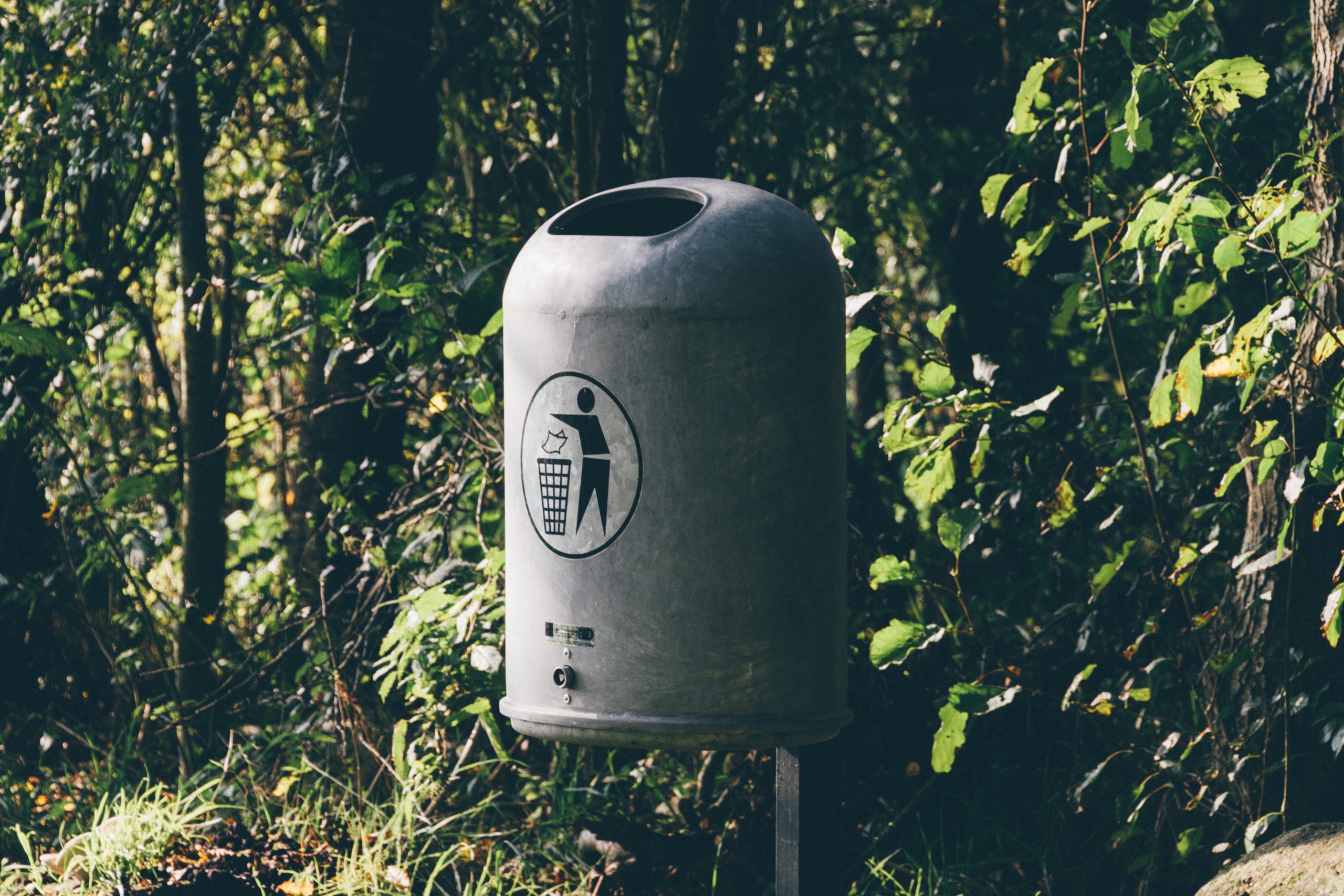The disappointment or avoidance of talking about one’s graduate research experience can be disheartening for advocates of science, or budding scientists. Why are some people so unhappy about their decision to do high-level scientific research?
If we examine the reasons, it should not seem like a mystery:
- The people. Like any job, your experience in a graduate program can be highly influenced by the people you had to work with, and how easy or difficult that was. Some people had a super supportive mentor and labmates; even if their research was hard, the burden could be shared or worked through together. Others had mentors who ignored them, or even abused them, or had ultra-competitive labmates; you can imagine they might be more inclined to dislike their PhD. Unlike a job, the future of the graduate often rests directly in the hands of the mentor and their recommendation, so this can also land people in difficult situations that make them lukewarm about the PhD.
- The duration. In many jobs or projects outside academia, timelines are relatively fast (or perhaps too fast). Maybe you have a product launch planned for 2 years down the line, but you usually have forward progression planned or blocked out in some manner. By contrast, in a PhD, you are often poking at what seems like the same question for eons. Having the persistence and ability to persevere when the going is not just tough, but long, is a valuable experience, but this kind of marathon can drag even the most enthusiastic PhD’s spirit into the dumps.
- The ambiguity. People are generally motivated by the perception of immediate impact of their actions. In other words, it’s always nice to know you did something productive, and that you did a good job. In a PhD, it’s often impossible to know if you’re doing a good job in your day to day. The lack of structured reinforcements and ways to measure success makes it very challenging to feel good going home after a long day in lab or the office, if the experiment or code or whatever you’re working on seems to have been failing nonstop for the last 8 months.
- The lack of practical rewards. Medical students in the US generally expect a decent living for the sacrifices they make over the course of their training – the low pay; the lack of a personal life; the emotional and physical stress; the need to follow the next opportunity around the country. They can look forward to a relatively stable job, with decent pay and opportunities to develop their personal lives. Graduate students and postdocs can’t really be faulted for desiring the same things: available jobs that desire their skillset; decent pay; reasonable hours; and the possibility to advance their career. Yet, given the hurdles that still stand between many academic researchers who want to transition to another job, it often feels like you have a harder time looking for a non-academic job with a PhD than without. This can lead to disappointment or bitterness about the time put into the degree. Everyone likes to celebrate when things pay off, and for many, they’re not sure how their PhD is going to take them where they want to go.
PhDs don’t necessarily all hate their PhDs, but hopefully you can see that after experiencing these kinds of things over the last 4–6 years of your life (or more!), the hardships are often at the top of your mind, and can certainly skew your perspective!
“The more complex and ambiguous something is, the more potentially frustrating it can be. The PhD is an experience that deals with complex knowledge and priorities, and expectations vary wildly program to program and field to field. This makes it extremely challenging and can result in a poor experience for some.” – Free the PhD
By Vay Cao, Ph.D.
Adapted from my Quora post.




